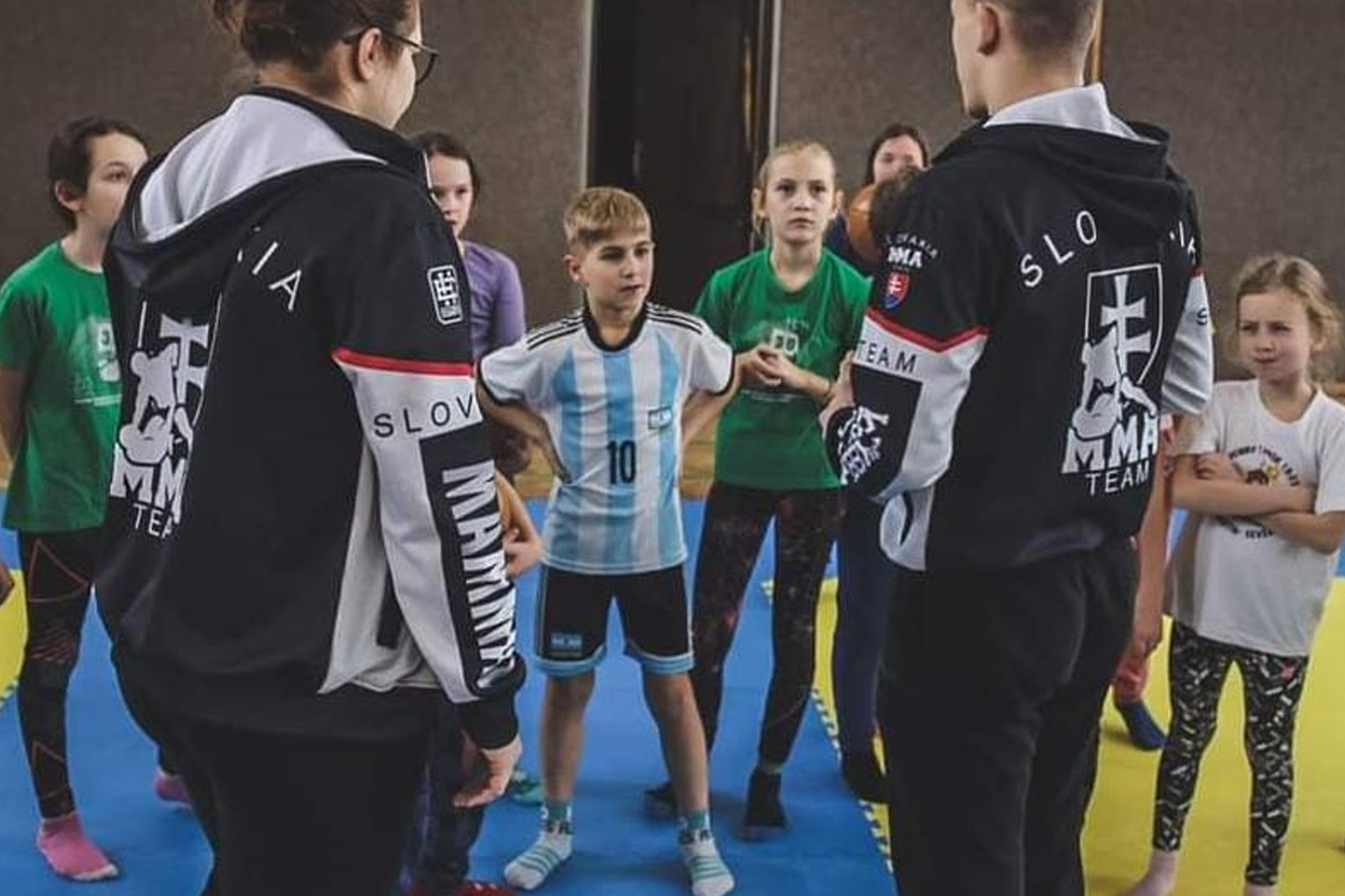The Slovakian Mixed Martial Arts Association has made strides in getting MMA into the school system. Following a lengthy process, the organization succeeded in the project of the Ministry of Education, Science, Research and Sport (MŠVaŠ) of the Slovak Republic called Modules.
The project aims to bring interesting, innovative and inspiring content into the teaching process and to introduce pupils to active ways of spending their free time.
Schools can now include a module on combat sports into their physical education learning curriculum at Key Stage 1. Where students will have the opportunity to try different combat sports.
A number of schools have already expressed an interest, and the association will provide coaches from around the area to carry out a minimum of six sessions to a class.
Following the confirmation of the news, federation President Marek Herda discussed the process involved in getting the project over the line.
“Overall, it was a very difficult process as it was a gradual change of opinion on MMA. Bringing MMA into a school sport is difficult overall.
“We found support and will for combat sports in the Ministry, and after countless emails, we were given the green light with the project. Our obligation is to teach at least 1200 pupils in grade 1, in physical education. One class has a six hour cycle, we have to cover five regions, do a seminar for the National Sports Centre and a lot of other bureaucratic stuff. With our project we had to “perform” and “show” the teaching process in front of a Commission composed of experts from the Ministry.
“However, we are very happy that we were given this project and thus were able to develop MMA and grappling sports on a national level. I hope this will help us in the development of our league (MAMMAL) and bring enough new talent but ultimately bring us a healthier society.
Herda believes the introduction will have major benefits amongst youth in Slovakia, namely increasing the overall health of young people and assisting in developing key life skills.
“Once established in a school setting, MMA can have several positive impacts on the landscape. For example, it can help increase the physical fitness and health of children and youth, which can lead to a lower incidence of overweight and obesity-related diseases. It can also help develop important social and emotional skills such as teamwork and overcoming obstacles. In addition, MMA sports can provide an opportunity for children and youth from diverse social and economic backgrounds to play and train together, which can help reduce social and economic disparities.”
Herda will also join the board of commission following the success of the project. IMMAF Director of Development Andrew Moshanov added:
“I am delighted to have Marek on board of commission. We can share his experience and make a way for this project into educational programs for young children in other countries.”
The completion of this project marks a significant milestone for the sport as it continues to grow globally. By introducing the sport into schools, it will allow students to engage with the sport in a safe environment led by some of the top coaches in the nation.

